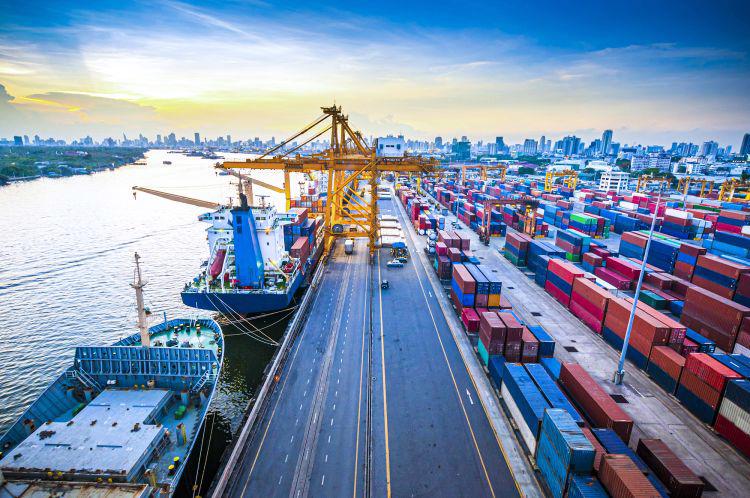Vietnam's export industry faced a growing number of trade defense investigations in 2023, with a total of 242 cases recorded by December, according to 2023 Annual Report just released by Trade Remedies Authority of Vietnam.
The report said the United States continued to be the single largest source of such measures, having investigated 59 cases to date. This represents nearly a quarter of all foreign trade remedy suits against Vietnamese goods.
Of the 15 new cases in 2023, the US initiated an additional seven – primarily focusing on anti-dumping and anti-subsidy concerns. The list of investigated products is diverse, encompassing aluminum extrusions and cables, steel products, high-pressure washers, paper bags, and shrimp.
The US also revisited previously applied measures, scrutinizing the anti-subsidy tax on Vietnamese tire imports and the anti-dumping tax on honey sourced from Vietnam.
Diverse Trade Remedy Measures
Other key markets have also employed trade defense measures against Vietnamese goods. Canada has imposed taxes on seven products sourced from Vietnam, including steel pipes, rolled and reinforced steel, copper pipe fittings, and upholstered seats.
Meanwhile, Mexico – a fellow member of the Comprehensive and Progressive Agreement for Trans-Pacific Partnership (CPTPP) – has investigated three anti-dumping cases involving Vietnamese galvanized steel, cold-rolled steel coil, and welding wire.
In the EU, Vietnam faced a probe into cold-rolled stainless steel in 2023, along with the possibility of renewed safeguard measures on other steel products. India and several ASEAN nations have also actively used trade remedies against Vietnamese exports, with sectors like steel and piping frequently being targeted.
What Is Driving the Trend?
Industry insiders say the international surge in trade defense measures can be attributed to a complex interplay of factors. Protectionism plays a significant role, with heightened global trade tensions and a pronounced focus on safeguarding domestic industries across many nations fueling this climate.
This translates to an increased willingness to use trade remedies to limit competition from imports.
Additionally, slowing economic growth and looming fears of recession can intensify a nation's desire to shield its domestic producers. Trade defense measures can be seen as a way to insulate domestic industries from external economic shocks.
Finally, nations like the US possess well-established systems specifically designed for trade remedies. The presence of these systems increases the likelihood of investigations being initiated in response to concerns raised by domestic industries.
Challenges and Outlook for Vietnamese Exporters
The ongoing stream of trade defense measures poses considerable challenges for Vietnamese exporters. Compliance costs, legal fees, and potential market disruptions can hinder exports and profitability, experts say.
Going forward, it's crucial for Vietnam's trade authorities and businesses to closely monitor global trade flows, proactively assess risks, and diversify export markets where possible.
Developing strategies to demonstrate compliance with trade agreements and international standards will be essential for mitigating future trade remedy cases.
Increased trade scrutiny underscores the need for Vietnamese companies to invest in transparency, supply chain traceability, and collaboration with international buyers. These proactive steps can help demonstrate compliance and avoid costly trade disputes.









 Google translate
Google translate